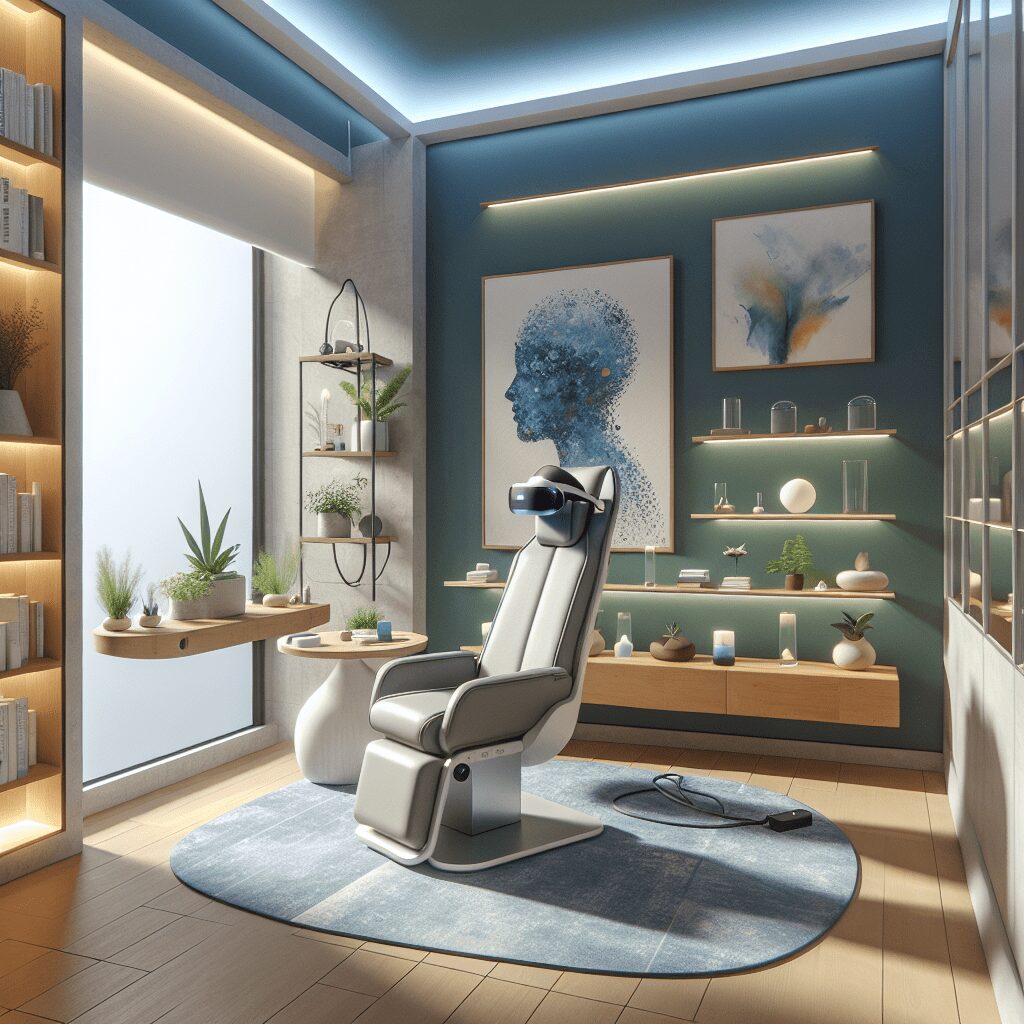
Prioritize your mental well-being daily. Enhance your life by nurturing your mental health with the Smart Meditation app. Break free from stress, alleviate anxiety, and enhance your sleep quality starting today.
Does Caffeine Increase Anxiety?
The Buzz Behind the Bean: Caffeine’s Complex Relationship with Anxiety
Ah, caffeine – that beloved stimulant finding its way into our mugs of morning joe, afternoon pick-me-ups, and, let’s face it, the occasional late-night cram session. It’s the world’s most popular psychoactive drug, and it’s not just for the taste. People love the alertness, the focus, and the feeling of being ready to take on the world. But for some, this beloved bean brings a bit more buzz than bargained for, leading us to the jittery junction of caffeine consumption and anxiety.
Caffeine 101: A Quick Sip of Science
Before we dive deep, let’s spill some beans on how caffeine actually works. Sneaking into our system, caffeine plays a sneaky game of masquerade with adenosine, a neurotransmitter that promotes sleep and relaxation. By blocking adenosine’s receptors, caffeine puts a halt on our body’s natural wind-down process, leading to increased alertness. But that’s not all; it also gives a nudge to our adrenaline levels and bumps up blood pressure – a recipe that can spell trouble for those with anxiety.
The Anxious Aftermath: How Caffeine Can Stir Up Stress
-
Adrenaline Overdrive: Remember the adrenaline boost? Well, in the same breath that it gives us that ‘ready-for-anything’ vibe, it also cranks up the physiological symptoms of anxiety. Heart racing, palms sweating, and a general feeling of restlessness – sound familiar? It’s like mistaking a casual coffee run for a sprint.
-
Sleep Scramble: Riding the caffeine train too late in the day can derail your sleep schedule faster than you can say “decaf, please”. Poor sleep doesn’t just leave you reaching for another cup; it’s a known contributor to anxiety. Talk about a vicious cycle!
-
Dose Matters: It’s not a one-size-fits-all scenario. Sensitivity to caffeine varies wildly from person to person, and so does its impact on anxiety. While a small cup might leave some feeling just perky enough, for others, it could mean a one-way ticket to jittery town.
Brewing a Balanced Approach: Navigating Caffeine Consumption
So, should you kick the habit cold turkey? Not necessarily. It’s all about finding that sweet spot. Here’s a spoonful of tips to help keep the peace between your caffeine intake and anxiety levels:
-
Keep Tabs: Start by tracking how much caffeine you’re actually consuming. Those sneaky sources – looking at you, chocolate and certain medications – can add up.
-
Timing is Key: Aim to enjoy your caffeinated delights before the late afternoon rolls around. Giving caffeine a curfew can help ensure it doesn’t barge into your bedtime.
-
Gradual Reduction: If you’re finding the caffeine-anxiety link hard to ignore, consider gradually reducing your intake. Abrupt changes can lead to withdrawal symptoms, and nobody wants to add that to their plate.
-
Explore Alternatives: There’s a whole world of decaffeinated bliss out there. Herbal teas, for instance, can be a soothing swap, offering warmth and comfort sans the buzz.
Simply put, caffeine’s relationship with anxiety? It’s complicated. While it’s the lifeblood of productivity for many, it can also be a fast track to frazzled nerves for others. Being mindful of consumption and listening to your body’s cues can help maintain the harmony between savoring that espresso and keeping anxiety at bay. Remember, it’s all about enjoying your coffee and drinking it too – without the side of jitters.





